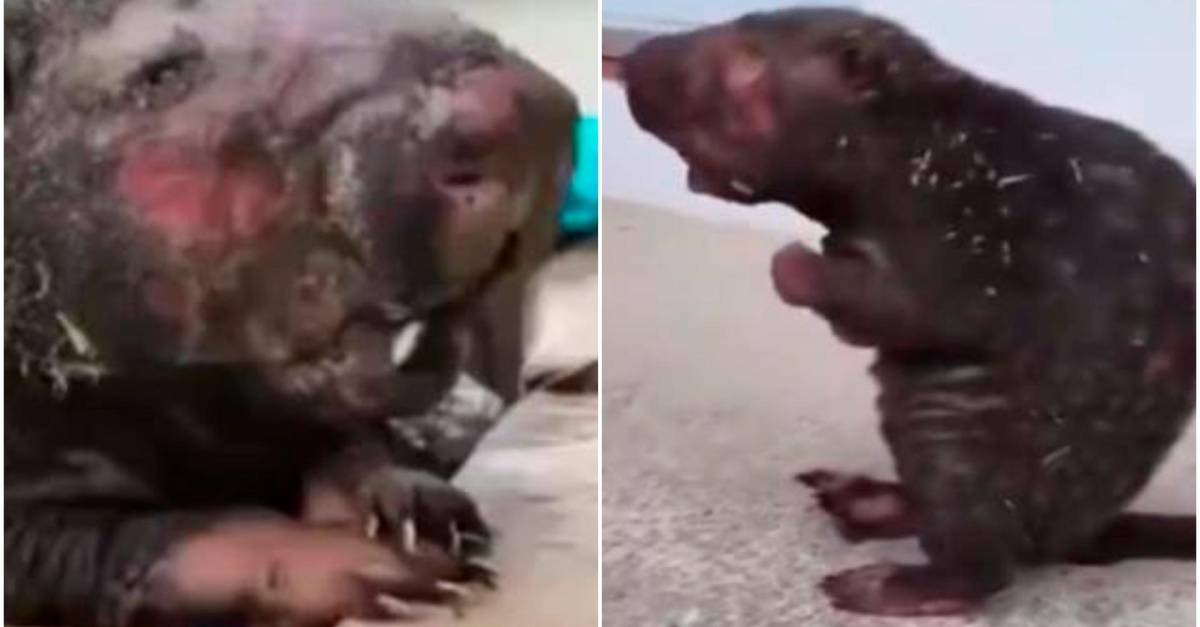The forest fires that are occurring in Colombia and of which 36 are recorded in Norte de Santander are affecting wildlife species.
In recent days, in the municipality of Gramalote, the authorities had rescued a wild animal that was severely burned after a fire.
It is a small animal known as a guagua wolf, which had burns on 80% of its body as a result of this conflagration.
The animal was in the hands of the staff of the Regional Autonomous Corporation of the Northeastern Border (Corponor), who transferred it to the Wildlife Care and Assessment Center (CAV), a specialized place for its assessment and recovery.
However, on the morning of this Wednesday, January 31, the entity reported that this species had died from cardiorespiratory arrest, generated as a result of the severity of the burns.
Read here: Almost 30,000 hectares burned by forest fires in Colombia
According to a statement from Corponor, the female mammal remained alive in the CAV facilities for 56 hours and there the veterinary doctor who treated her, Samir León Restrepo, managed her condition with “sustaining therapy, she underwent recovery liquids subcutaneously and he was given the medications required by his clinical condition.”
Likewise, the veterinarian performed nebulizations three times a day on the animal to reduce inflammation of its respiratory tract and “epithelializing creams were topically applied to its body for the regeneration of its skin affected by burns,” Corponor indicated. Despite the care, the animal did not resist.
Continue reading: 26 captured for crimes related to fires in the country
The baby wolf became a symbol of the preservation of wildlife in Norte de Santander, so the director, Rafael Humberto Camacho, called on citizens to think about before lighting bonfires that lead to forest fires. wildlife species that play an essential role in the balance of ecosystems.
“In the midst of the El Niño phenomenon, citizens must act as guardians for the preservation of life, since we do not want cases like that of the baby wolf to continue to be recorded in our department,” Camacho explained.
In accordance with legal provisions – resolution 2064 of 2010 –, the body of the baby wolf will be transferred to the Natural History Museum of the University of Pamplona for its preservation and study of this species of rodent native to the department.
